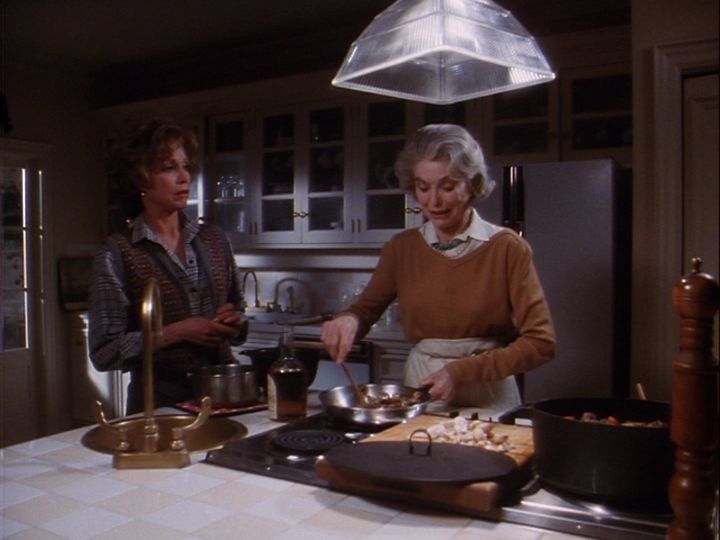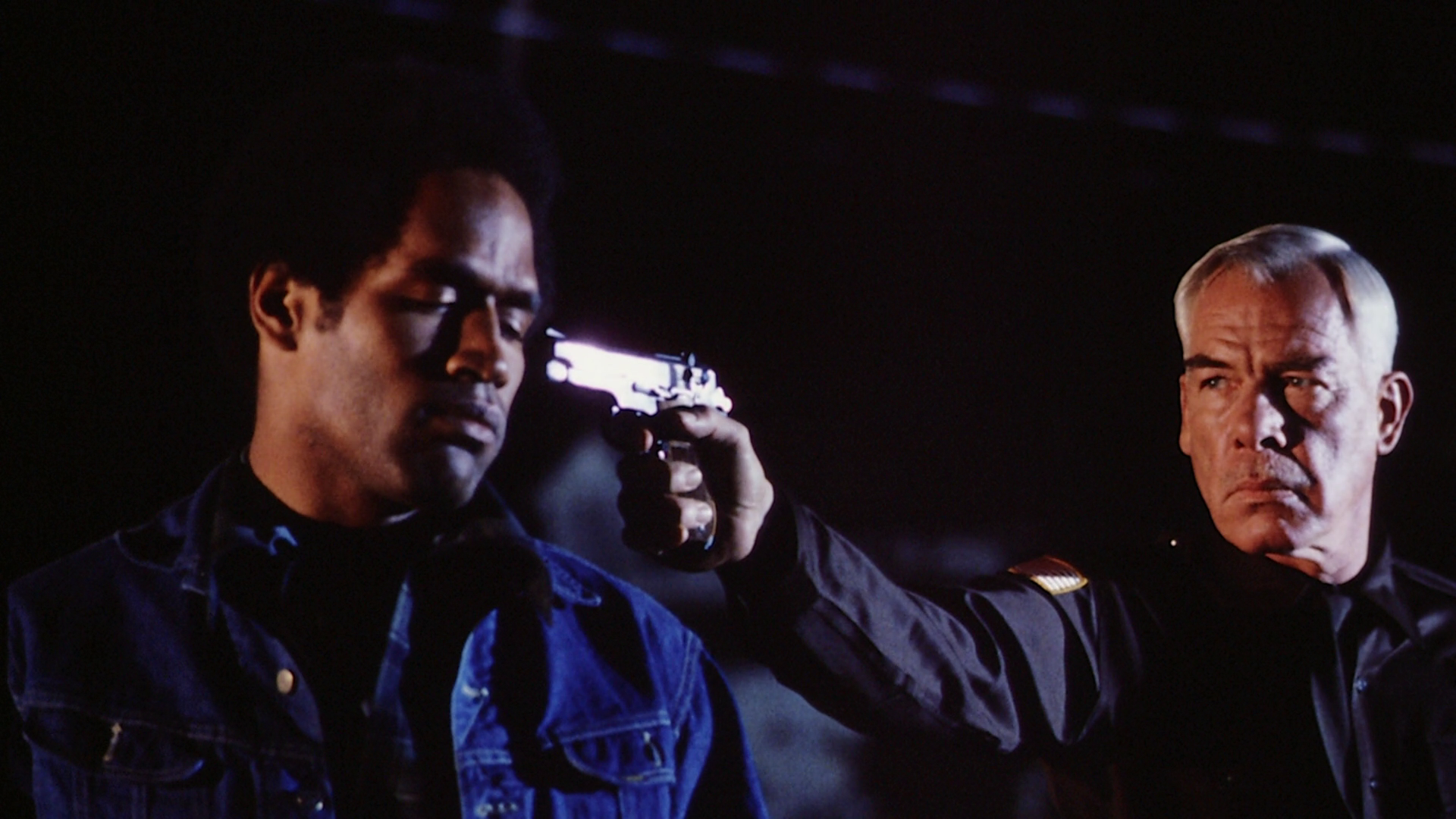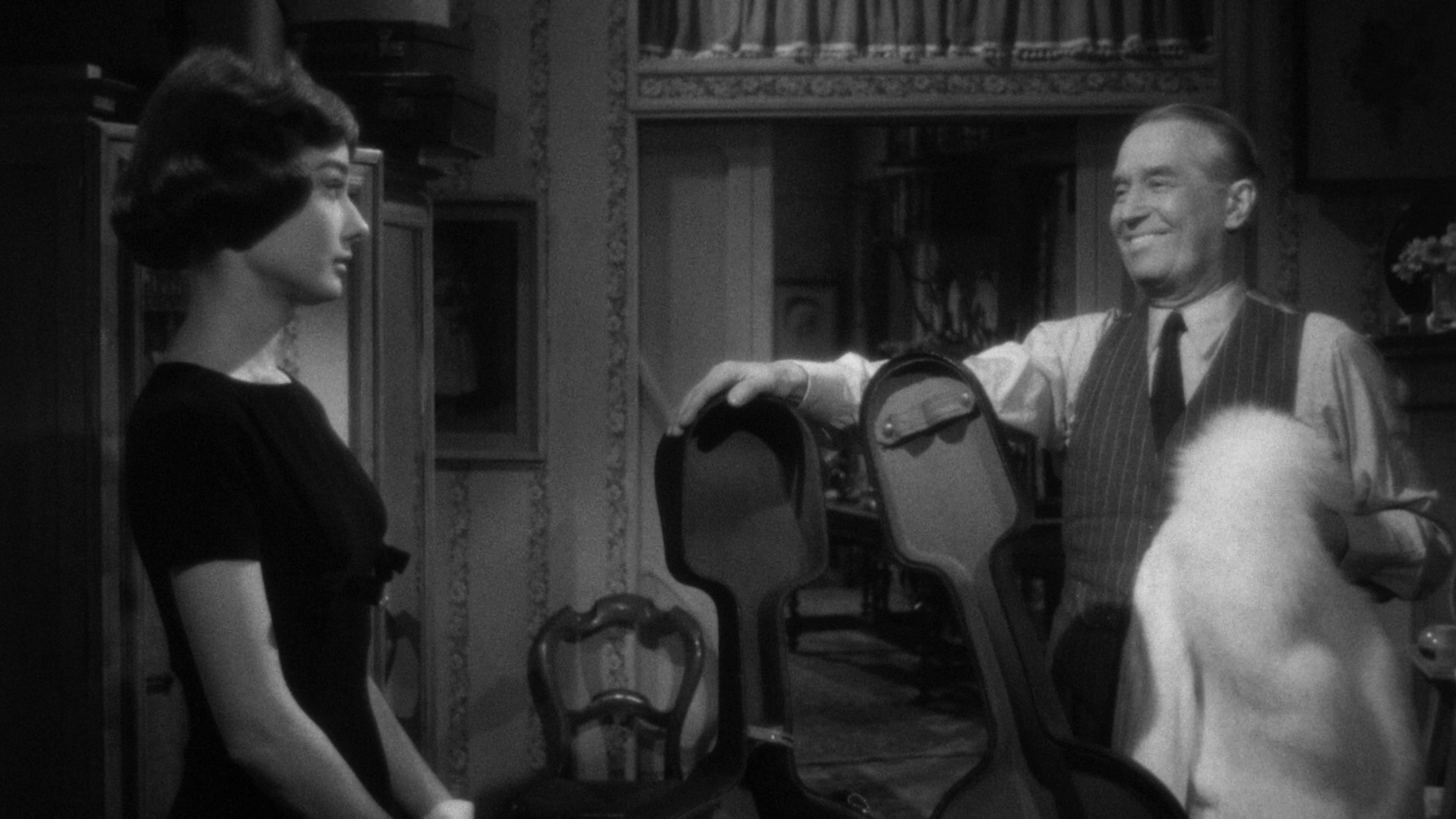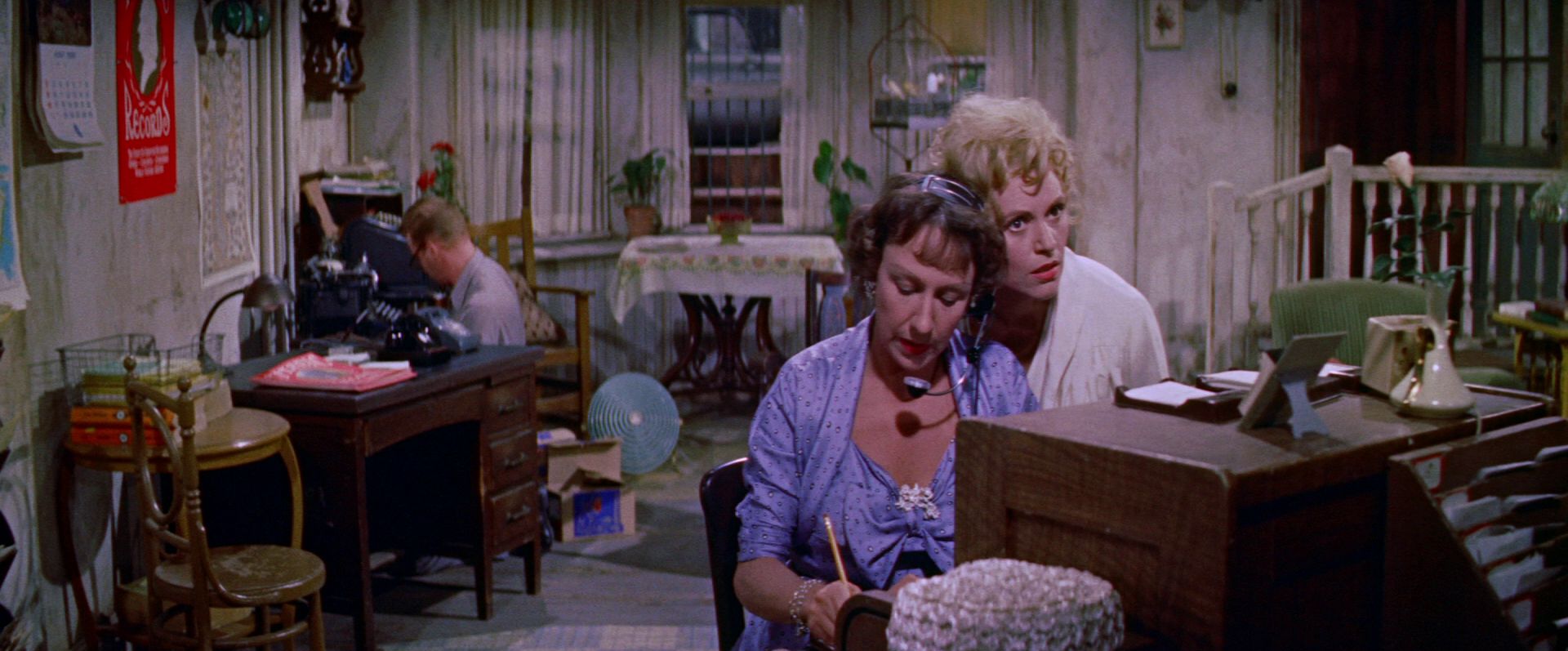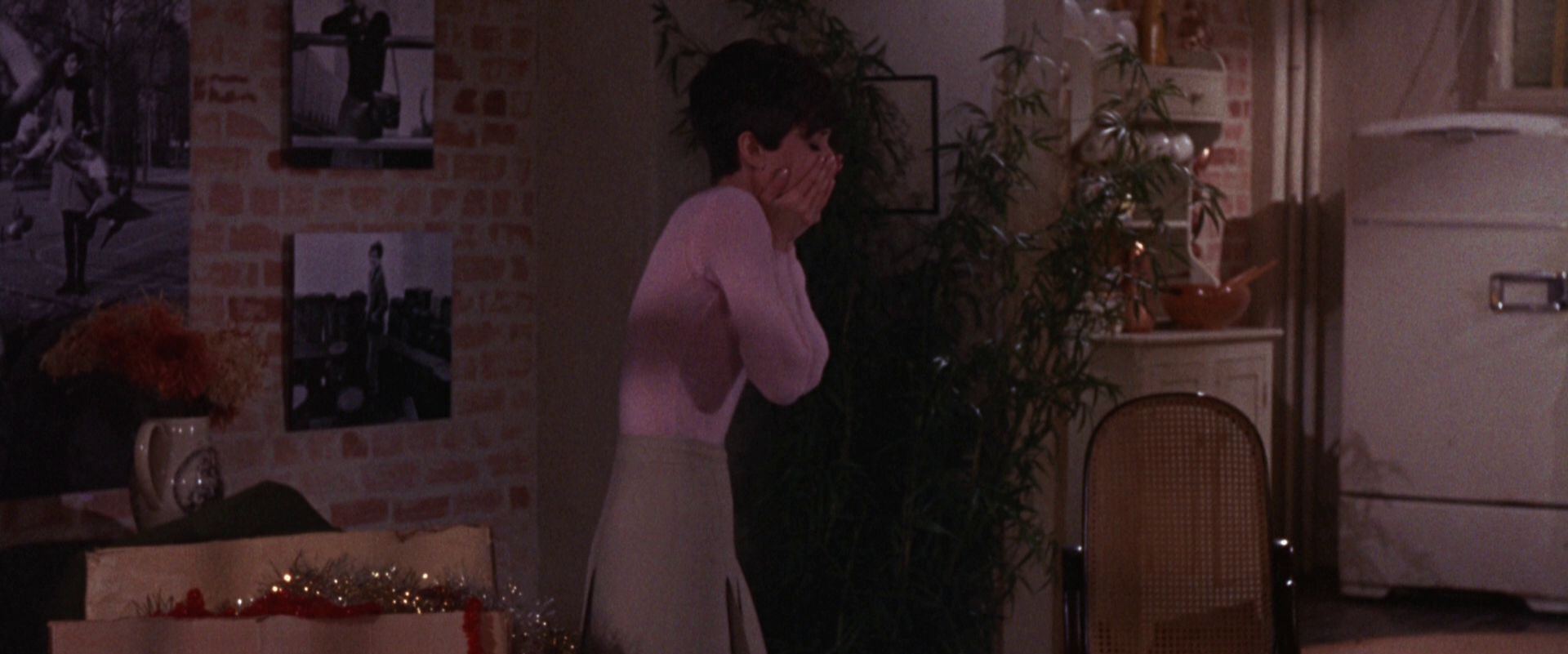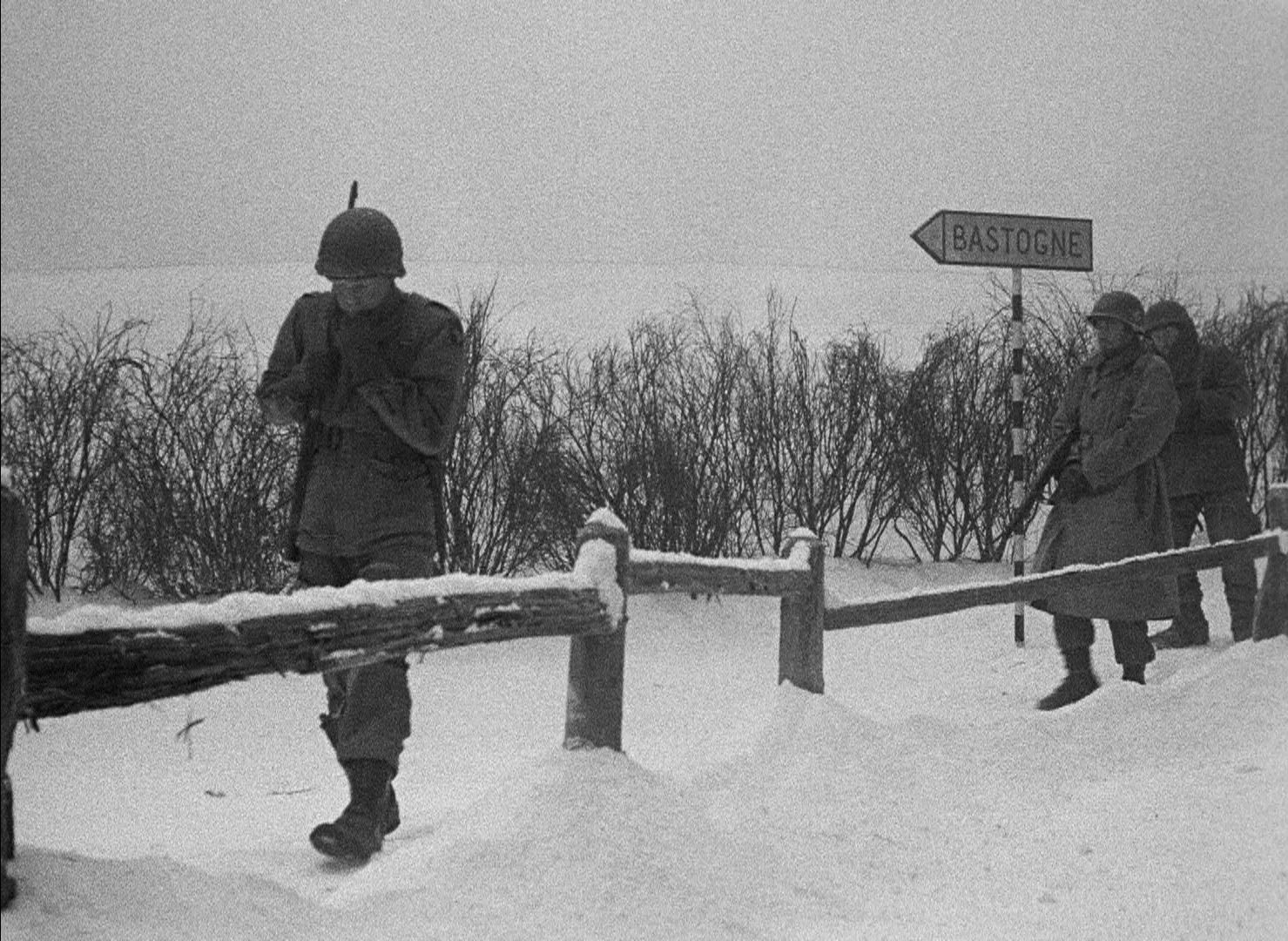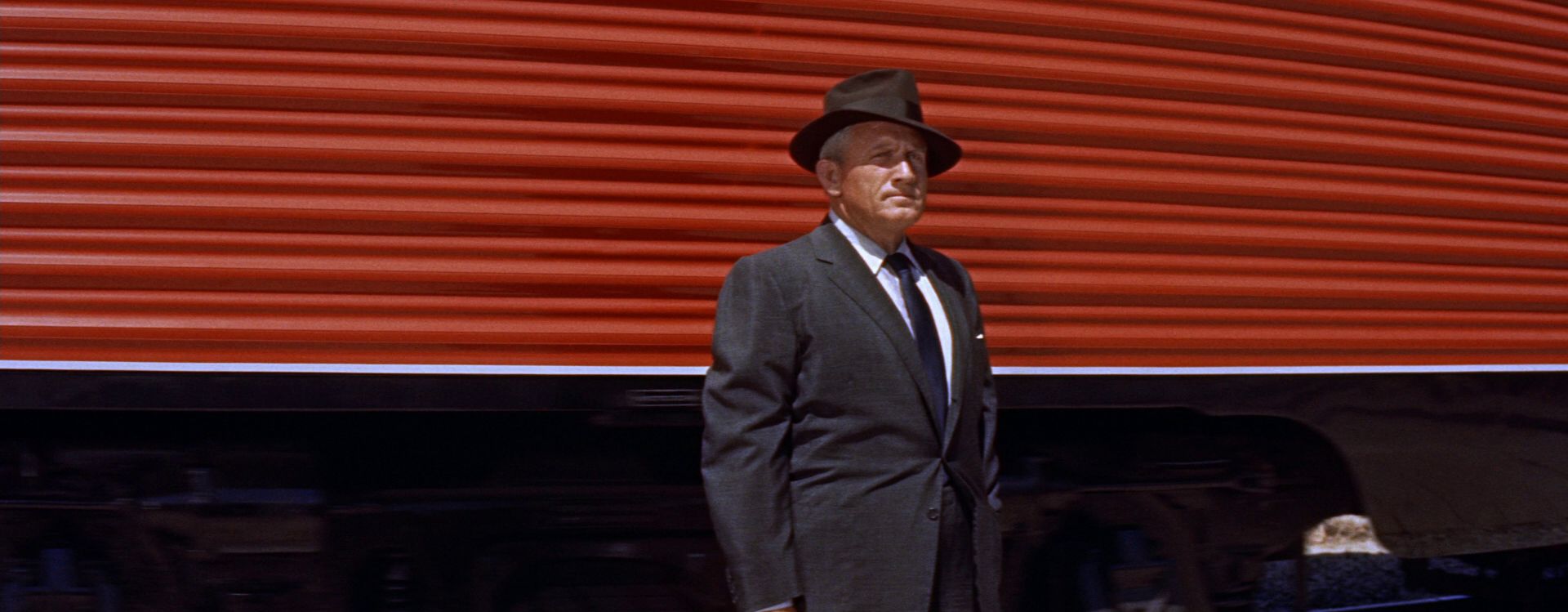The Last Best Year (1990)
When Jane, a career woman and quiet loner (Bernadette Peters), discovers she has a terminal illness, she has no one to turn to. Her doctor recommends psychologist and friend Wendy Haller (Mary Tyler Moore) to help her come to terms with her diagnosis, and in doing so, helps her open …

